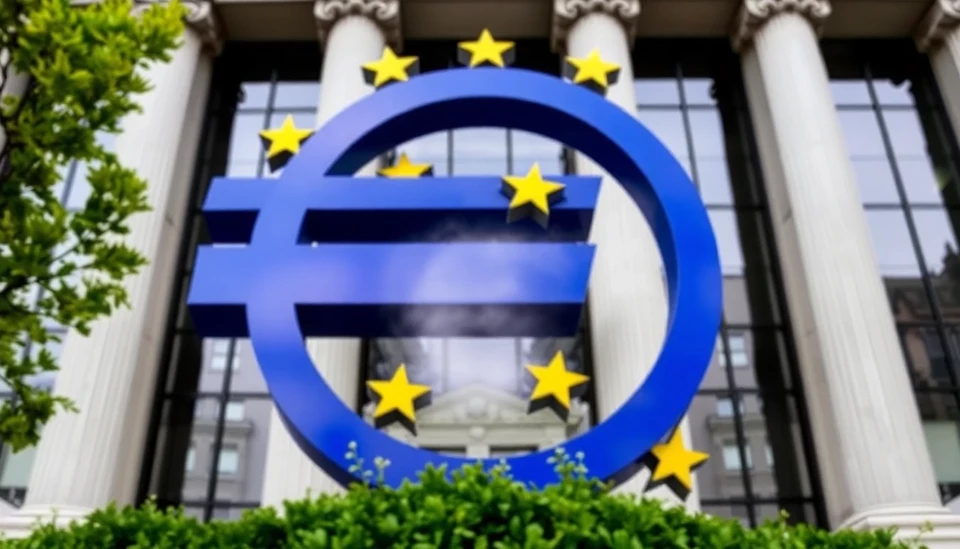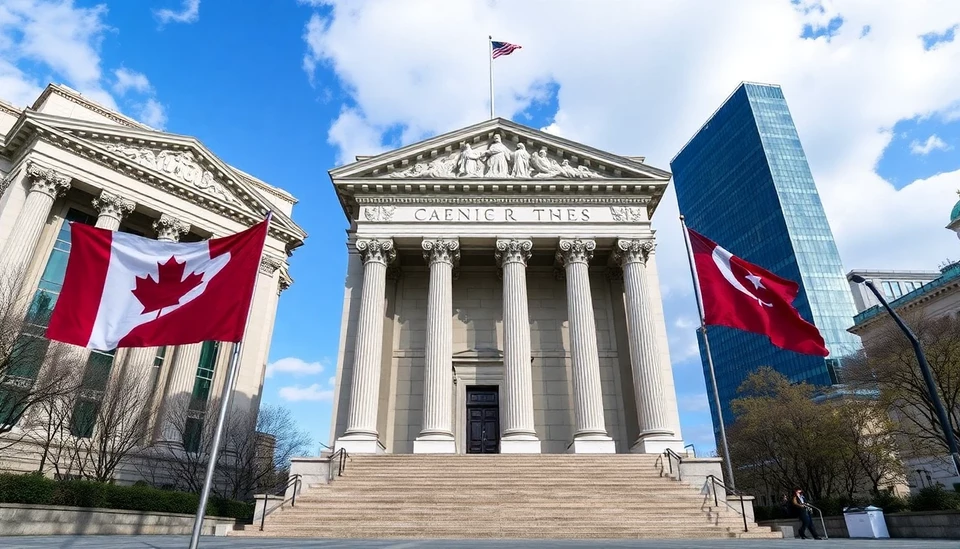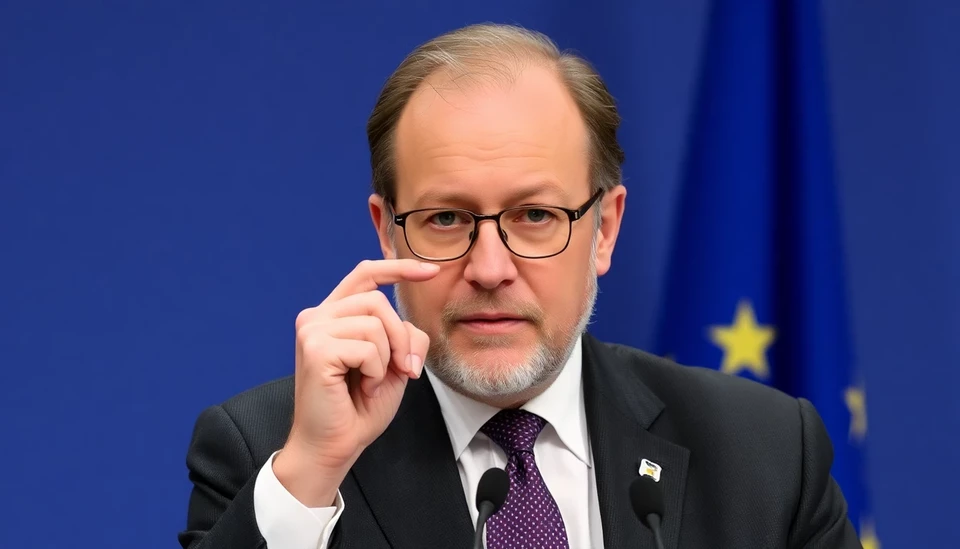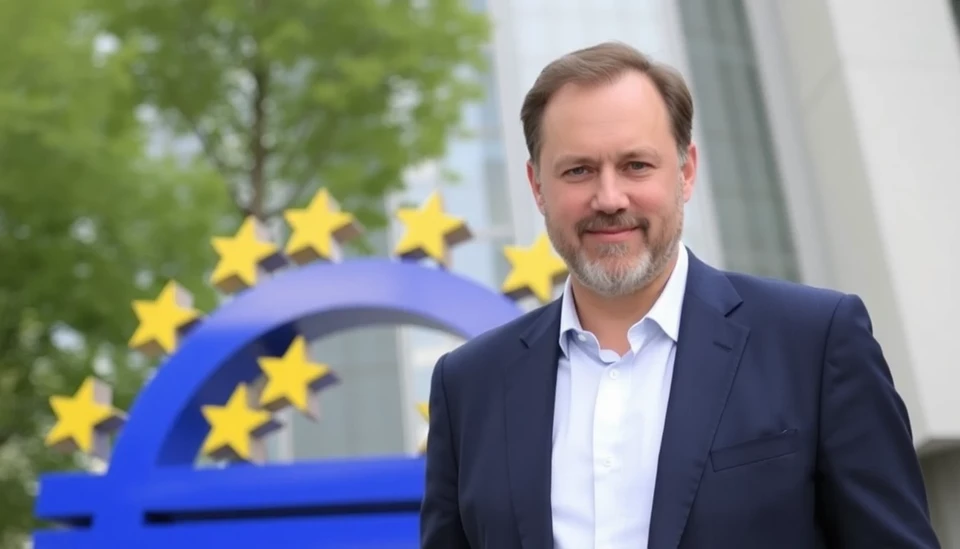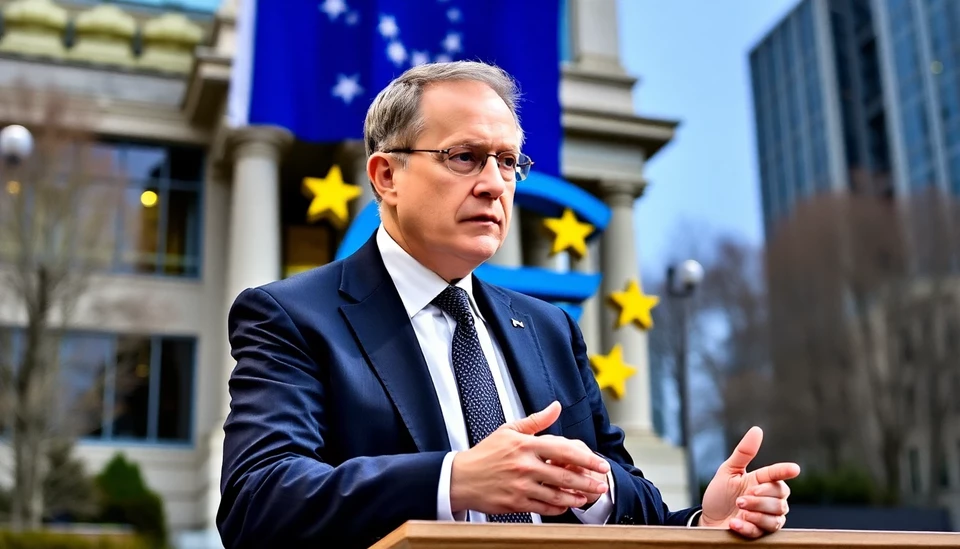
In a significant development for the European financial landscape, Gediminas Simkus, a key member of the European Central Bank (ECB) Governing Council, has expressed a clear intention regarding future monetary policy adjustments. Speaking at a recent event, Simkus indicated that it is evident the ECB will lower interest rates further in response to the evolving economic conditions within the Eurozone.
This announcement comes amid growing concerns over economic sluggishness across Europe. As inflation levels struggle to maintain momentum, the ECB is faced with the challenge of supporting growth without reverting to aggressive rate hikes that could stifle recovery. Simkus’s remarks align with the broader sentiment among central bankers who seek to navigate the delicate balance between economic stimulation and inflation control.
During his address, Simkus emphasized that the current economic indicators suggest a need for a recalibration of interest rates, hinting that recent data shows insufficient inflationary pressure to justify the existing rate levels. The prospect of reduced interest rates could position the Eurozone favorably against other major economies, especially at a time when global interest rates are either stabilizing or seeing gradual declines.
The ECB's strategy has historically leaned towards cautious optimism, and Simkus’s latest statements may reflect a shift towards more aggressive approaches in the face of persistent economic headwinds. Analysts and market participants will be closely monitoring the ECB’s next steps, as changes in monetary policy could impact borrowing costs for consumers and businesses alike across the Eurozone.
As central banks worldwide adjust their policies in light of the changing global economic climate, the ECB appears ready to follow suit. Lowering interest rates could stimulate consumer spending and investment, potentially energizing the sluggish Eurozone economy that has been grappling with challenges in recent months.
Market analysts predict that the ECB’s forthcoming decisions will be crucial in determining the trajectory of the Eurozone's economic recovery. As public sentiment remains sensitive to rising costs of living and energy prices, the bank’s actions will likely play a pivotal role in restoring confidence among consumers and investors alike.
In conclusion, Simkus’s assertions underscore a growing recognition within the ECB that lower interest rates may indeed be necessary in light of the current economic climate. As stakeholders across the Eurozone prepare for potential shifts, all eyes will be focused on the upcoming ECB meetings and the policy decisions that will shape the future of the European economy.
#ECB #Eurozone #InterestRates #GediminasSimkus #MonetaryPolicy #EconomicGrowth #Inflation #FinanceNews
Author: Daniel Foster
